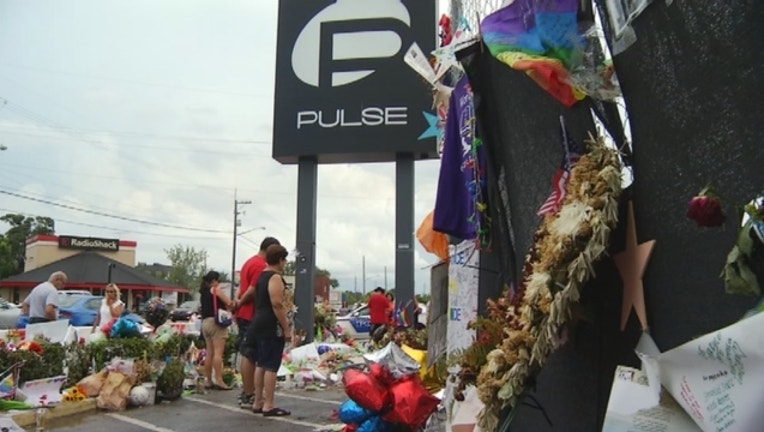Relatives of Pulse victims express frustration over investigation

ORLANDO, Fla. (AP) - The mother of a patron killed when a gunman opened fire at a gay nightclub in Orlando says the release of audio recordings of 911 calls during the mass shooting would be "devastating."
Rosetta Evans wrote the letter to an Orlando judge ahead of a hearing next Monday on whether the 911 calls should be made public.
The city of Orlando and two dozen news outlets, including The Associated Press, have been fighting over the release of more than 600 calls dealing with the worst mass shooting in modern U.S. history. The city already has released about two-thirds of the calls. Officials also released a transcript of conversations gunman Omar Mateen had with police negotiators and dispatchers, but refused to release the audio recordings of the conversations.
Attorneys for the city have argued that releasing the remaining 911 calls to and from patrons inside the Pulse nightclub would violate an exemption to Florida's public records law prohibiting the release of recordings that depict a killing.
Family members of the deceased victims have been invited to testify at Monday's hearing. Evans, who lives in Oklahoma City, said she wasn't attending.
Evans, whose son, Antonio Brown was among the 49 patrons who died in the nightclub last June, said listening to the recordings would be "devastating and can be traumatizing too."
"The problem is the unknown version of what's contained on the recordings, and not knowing if the tragic cry for help would be the voice of a personal loved one, and knowing there was nothing that could've been done to help them," she wrote in the Oct. 17 letter. "The cries and screaming of death is not a sound to be played over and over ..."
The news outlets had argued that the release of the records would help the public evaluate police response to the massacre. The city originally had said most of the recordings were exempt from the state's public records law, both because they were part of an investigation and because some were graphic calls of patrons being shot and killed.
Last month, after the FBI said withholding the records was no longer necessary to its investigation, the city released all but 225 of the calls made to or from the Pulse nightclub during the three-hour standoff with Mateen, who claimed allegiance to the Islamic State group. He was killed during an exchange of gunfire with SWAT team members.
Attorneys for the news media groups describe the city's interpretation of the exemption as "overbroad and unconstitutional" since not all of the calls depict gunfire or suffering.
"The city's blanket assertion — without regard to the actual content of these calls — cannot stand," the groups' attorneys said in a court filing.

